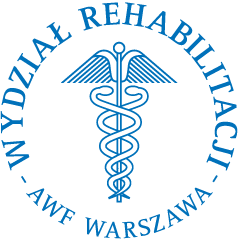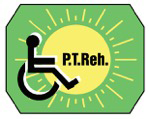


|
Current issue
Archive
Manuscripts accepted
About the journal
Editorial board
Reviewers
Abstracting and indexing
Contact
Instructions for authors
Publication charge
Ethical standards and procedures
Editorial System
Submit your Manuscript
|
2/2020
vol. 34 abstract:
Review paper
Virtual reality as a vestibular rehabilitation tool for athletes after concussion: a literature review
Lilian Felipe
1
,
Sierra Hunnicutt
1
Advances in Rehabilitation, 2020, 34(2), 42–48
Online publish date: 2020/05/04
View
full text
Get citation
ENW EndNote
BIB JabRef, Mendeley
RIS Papers, Reference Manager, RefWorks, Zotero
AMA
APA
Chicago
Harvard
MLA
Vancouver
Virtual Reality is cogitated as one of the most favorable and challenging technologies applied in health sciences. Its use has been integrated in vestibular rehabilitation for the management of balance conditions, founded on mechanisms related to neuronal plasticity of the central nervous system. Dizziness is one of the most common symptoms after a concussion in sports and can be an issue related to a long return to play. Virtual reality may be a beneficial method for rehabilitation for athletes with dizziness after concussion. However, no studies have critically reviewed the scientific evidence in this regard. The objective was to conduct a systematic review on the effectiveness of virtual reality as a rehabilitation strategy for athletes after a concussion. A systematic review of the electronic databases Cochrane Collection, Consumer Health Complete, Oxford Journals, PubMed, Science Direct, and SPORTDiscus was conducted to identify studies related to the effect of virtual reality after a concussion in athletes. The search timeframe ranged from January 1990 to December 2019. The search resulted in the identification of 3 randomized controlled trials (RCTs) and 7 non-RCT studies. None of the studies were specific associated with athletes with dizziness after a concussion. Specific studies are necessary to establish the application that may respond optimally to the treatment of concussions associated with balance problems.
keywords:
balance, athletes, virtual reality, vestibular rehabilitation, concussion |
    |